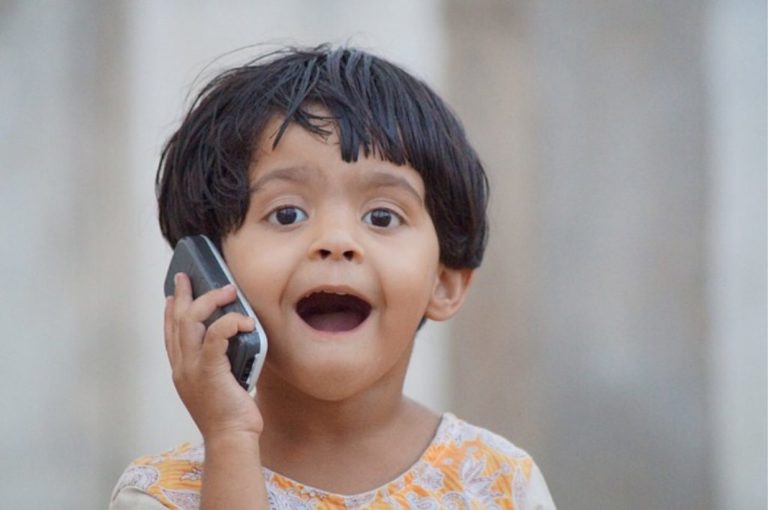
Imagine this. You’ve just learned that you are getting a job promotion and you really want to tell someone. You see your best friend, and you walk up to tell her. All of a sudden, you can’t deliver the message. Your brain knows what you want to say, but your mouth simply won’t say it. All that comes out is a couple of vowel sounds, like “uh-ee.” Sounds awful, right? This is what children with Childhood Apraxia of Speech (CAS) deal with every day. It can be very stressful for children, and even worse, stress exacerbates CAS!
What Is Childhood Apraxia of Speech?
Childhood Apraxia of Speech is a motor speech disorder where the brain has trouble telling the muscles to move in the right direction to produce speech. Children with CAS know what they want to say, but they cannot coordinate oral motor muscles (lips, tongue, throat.) to produce sounds, syllables, and words. Kids with apraxia of speech often (but not always) have low muscle tone (hypotonia) as well.
“For reasons not yet fully understood, children with apraxia of speech have great difficulty planning and producing the precise, highly refined and specific series of movements of the tongue, lips, jaw and palate that are necessary for intelligible speech. …The difficulty in planning speech movements is the hallmark or “signature” of childhood apraxia of speech.”
American Speech Hearing Association
What Causes Childhood Apraxia of Speech?
Researchers do not yet fully understand all of the causes of CAS. Some possible factors include genetics or brain injuries. In most cases, the cause is unknown. Many scientists believe that the brain simply cannot signal the muscles properly.
What Are Some Other Symptoms?
Children with CAS may also have trouble eating. They may have problems with coordination. They may be either overly sensitive or under sensitive with sensations in the mouth.

How Is It Treated?
Oftentimes, treatment involves the care of a qualified Speech and Language Therapist, and occasionally involves a Pediatric Occupational Therapist and Pediatric Physical Therapist as well. It will be important to talk to your pediatrician about appropriate referrals for these services. For many children, a neuropsychological evaluation (and possibly follow-up psychotherapy) can also be helpful. CAS can contribute to learning disabilities or may also be accompanied by other developmental disorders, such as ADHD or Autism Spectrum concerns. For most children with CAS, unless they have received services early on, there is also a great deal of anxiety and depression due to the frustration they feel with communication, learning, and achievement.
![]()
